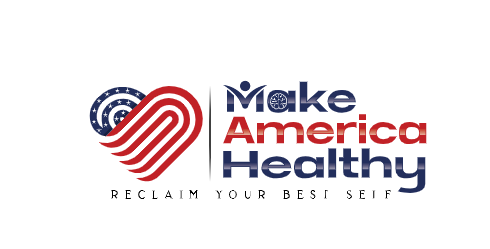Attention-deficit/hyperactivity disorder (ADHD) is a behavioral disorder that affects up to 1 in 20 children in the USA. The predominance of American research into this disorder over the past 40 years has led to the impression that ADHD is largely an American disorder and is much less prevalent elsewhere. While generally thought to be genetic, the causes of ADHD are not fully understood by science and many think it is the result of different brain structure. Research suggests that the brains of people with ADHD might be larger or smaller in different areas, causing it to function differently. Although ADHD can affect anyone, those who were born prematurely, have epilepsy, or who suffered brain damage while in the womb are at the greatest risk. Typically diagnosed in early childhood, ADHD can manifest in adulthood, but it is usually thought to have been present early on and masked by prospective influences.
There are many tell-tale signs for diagnosing ADHD, but the most occurring symptom is hyper-activity. Hyper-activity is defined by the basis of not being able to sit still. This could translate as excessive talking, fidgeting, or an inability to concentrate. Another common symptom of ADHD is impulsiveness, which manifests as constantly interrupting or acting without thinking. These symptoms can make it very difficult for an individual with ADHD to focus, which is why many people are turning to prescription drugs like Adderall or Ritalin, but these drugs come with their own side effects. With most of the prescription medication for ADHD being stimulants, the brain becomes dependent on the dopamine rush and overtime loses its ability to create its own. This creates an entirely new problem and has been linked to the rising addiction rates.
Whether it’s a problem with alcohol, Opioids, Cocaine, or any other substance, addiction kills thousands of Americans every year and impacts millions of lives. Addiction, or substance use disorder (SUD), is a chronic mental health condition that often affects those with ADHD. With a habit of hyper-activity and impulsivity, people with ADHD are always looking for something to stimulate their brain. This constant need for stimulation causes individuals to seek out substances and often abuse them. While these drugs might offer a quick fix, the best whole health treatment is plant medicine.
In VoiceAmerica’s new hit podcast series Make America Healthy, host Beth Shaw addresses topics, like the prevalence of ADHD in America, and works through solutions alongside her expert guests. In her episode titled “ADHD – Addiction Problems & Solutions” Beth invites YogaFit trainer and trauma healing specialist Shaye Molendyke, as well as author of Breakthrough Healing and hypnotherapist, Michele Molitor. In this episode, they discuss the rising diagnosis rates of ADHD and offer some helpful tips to cope with the condition. In order to combat the symptoms of ADHD, Beth Shaw, founder and CEO of YogaFit Training Systems, suggests incorporating yoga and meditation into your daily routine in order to discipline the mind and enhance focal skills.
For those suffering from ADHD or addiction, the best results are achieved through an internal journey using plant medicine, meditation and yoga practices. If you are looking for guidance on your whole health journey, YogaFit WorldWide, the world’s largest online yoga training school, offers an array of practices perfect for all levels. Founder and CEO, Beth Shaw, through her years of experience has developed specific programs like Yoga For ADD/ADHD and Autism as well as Yoga For Addiction and Recovery, that provides the latest healing techniques and yoga poses for your condition. Take your physical, emotional, and mental health into your own hands and sign up for your first YogaFit training program. If you enter the code VOICE22 at checkout, you will receive 15% off your next yoga session!






